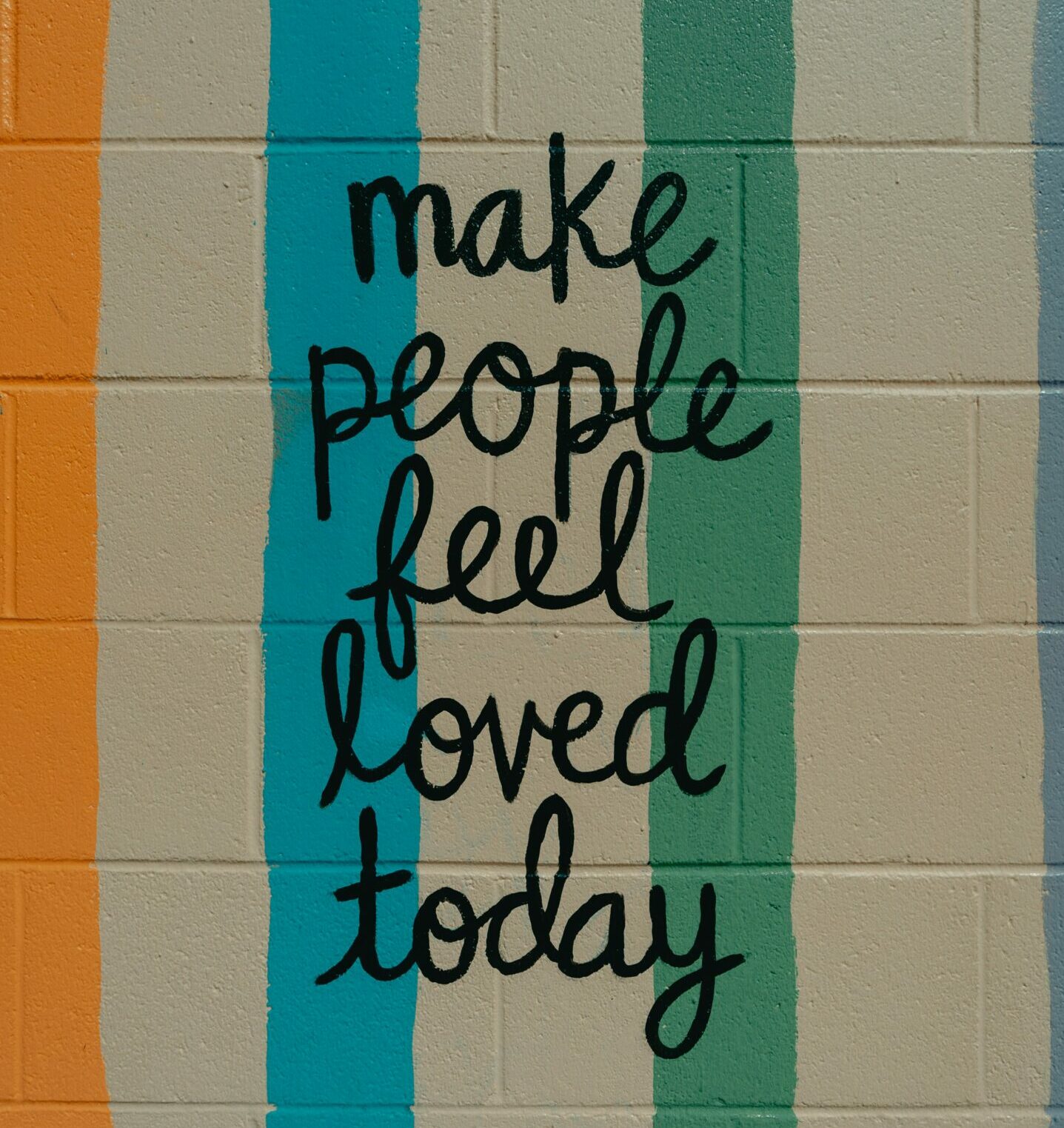This year the week of February 11th through the 17th is random acts of kindness week. Each year the Random Acts of Kindness Foundation encourages others to use this week of the year to focus on kindness and complete one act of kindness each day. On their website, they have multiple examples and walkthroughs of random acts of kindness that you can do at school, home, or work.
How do random acts of kindness fit in and influence mental health?
In 2018 Curry et al. did a review of current studies about random acts of kindness and their influence on the general wellbeing of the person doing the act. The review found that doing random acts of kindness has a positive effect on overall wellbeing.
How do random acts of kindness fit into the skills for DBT?
RANDOM ACTS OF KINDNESS AND ACCEPTS
It may be surprising to know that random acts of kindness or acts of kindness are already integrated in some of the skills of DBT and can be used in other skills as well. The first skill that you find it in is the distress tolerance skill of Distract with wise mind ACCEPTS.
The acronym ACCEPTS stands for:
- Activities
- Contributing
- Comparisons
- Emotions
- Pushing away
- Thoughts
- Sensations.
For this topic, we are focusing on the first C, contributing. Every example under contributing is a random act of kindness. The idea behind contributing is that by doing something for another person you can distract yourself from the distress emotion or situation that you find yourself dealing with.

RANDOM ACTS OF KINDNESS AND ACCUMULATING POSTIVES: SHORT TERM
The other skills that directly discuss random acts of kindness are “accumulating short term positives” under the emotion regulation module. There are many suggestions on the Pleasant Events List (Page 249-251 of DBT® Skills Training Handouts and Worksheets, Second Edition) that can be considered random acts of kindness.
Some random acts of kindness from this list:
- making a gift for someone
- making a card, and giving it to someone I care about
- surprising someone with a favor
- doing volunteer service
- visiting people who are sick, shut in, or in trouble.
Plus, as we learned any random act of kindness has a positive effect on wellbeing so it can be considered as a positive event activity even if it is not on the list.
RANDOM ACTS OF KINDNESS AND OPPOSITE ACTION
Finally, the last DBT skill where random acts of kindness can be used is when we talk about opposite action. This example is more person to person, so it is best to give you an example. Earlier this year I was having a difficult day; I was feeling frustrated and sad due to situations out of my control. The inspection had come back on the house I was ready to sell, and the issues were things that should have been done before I even bought the house. I also had a difficult mental health day where I was doubting my ability to find a job. I recognized that it was not effective to ruminate on these negative issues that were causing my emotions of frustration and sadness reach a SUDs level of 60 out of 100. I decided at that moment that to change my emotions I was going to do a random act of kindness. I chose to not only buy my coffee in the Starbucks line but also the person behind me in line. I had no expectation to start a buying chain, I just wanted to help bring a kind moment to the person behind me. Just this decision and action changed my whole mood that day and I was able to stop ruminating on the negative thoughts that I was having.
The idea is that it can be something small that can help to do the opposite action of the emotion you are feeling. It may not work with every emotion or every situation, but I encourage you to see if you can find a way to implement random acts of kindness into the opposite action skill.
I hope you have a great Random Acts of Kindness Week and encourage you to try and do one random act of kindness this week. I know I will be trying to implement one into my schedule
About the Author
Samantha Ruwe (she/her), M.A., LPC is a Licensed Professional Counselor who specializes in dialectical behavior therapy. Samantha works with teens and adults in a warm, compassionate, and non-judgmental manner to help clients build a life worth living. Samantha knows that therapy can be daunting to begin and is supportive of clients at all parts of their counseling journey. Click here to learn more about Samantha’s experience and therapeutic approach.
Curry, O. S., Rowland, L. A., Van Lissa, C. J., Zlotowitz, S., McAlaney, J., & Whitehouse, H. (2018). Happy to help? A systematic review and meta-analysis of the effects of performing acts of kindness on the well-being of the actor. Journal of Experimental Social Psychology, 76, 320-329.


